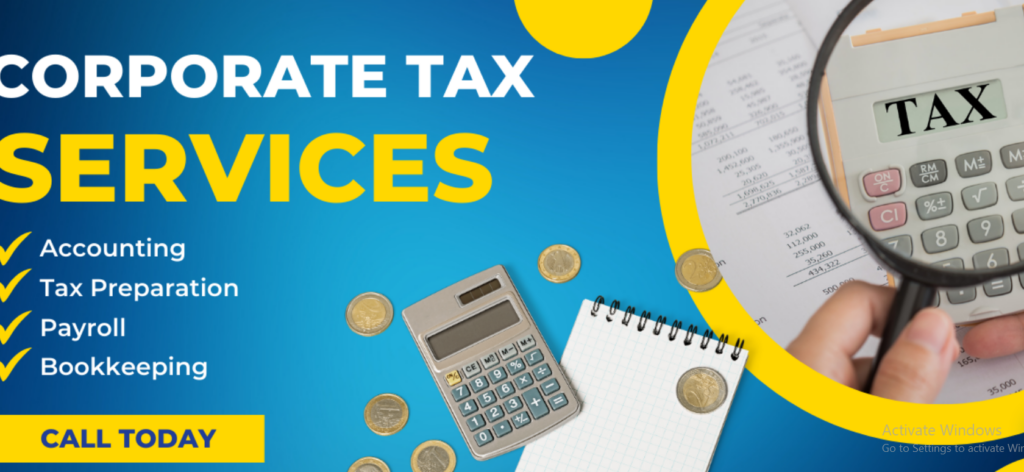Overview of UAE’s Corporate Tax System The United Arab Emirates (UAE) boasts a straightforward corporate tax system with a flat rate of 9%. This tax structure, among the lowest in the region, enhances the UAE’s reputation as a business-friendly destination. The country’s commitment to attracting foreign investment is evident through tax cuts, simplified laws, and improved infrastructure.
Complexities and Benefits of the System Despite its simplicity, the UAE’s corporate tax system includes diverse rates, deductions, and credits that can significantly lower effective tax rates. This has led to criticism and calls for reform due to potential misuse by large corporations exploiting loopholes. Yet, the UAE remains an appealing choice for businesses due to its low taxes, political stability, and skilled workforce.
Proposed Corporate Tax Reform The UAE is currently considering a corporate tax reform that aims to reduce the tax burden, attract free zone investments, and stimulate economic growth. This reform involves lowering the corporate tax rate from 9% to 7%, while eliminating deductions and credits. Although not yet approved, these changes could have a positive impact on the economy.
Key Points of UAE’s Corporate Tax System
- Corporations are taxed based on profits and shareholders’ equity.
- The UAE’s 9% corporate tax rate is lower than those in developed countries.
- Tax holidays, lasting five years, exempt businesses from corporation tax.
- Credits are available for investments in R&D, manufacturing, and exports.
- Foreign companies enjoy exemptions from capital gains and withholding taxes.
Future Outlook for UAE’s Corporate Tax The UAE’s government is revising federal corporate tax laws to simplify processes and enhance efficiency for businesses. The country aims to facilitate tax avoidance strategies for companies. These initiatives position the UAE as a promising corporate tax jurisdiction.
Who Pays Corporate Tax in UAE? Most companies with annual revenue above 375,000 UAE dirham pay corporate tax. Large corporations like Emirates Airline are subject to this tax, as well as VAT and other indirect taxes.
Pros and Cons of Corporate Tax in UAE The UAE’s low corporate tax rate encourages investment and supports economic growth. However, concerns exist that it might hinder expansion and be unfair to companies with varying revenues. Despite these concerns, experts acknowledge its significance for the UAE’s economy.
Types of Taxes in the UAE Common taxes in the UAE include:
- Personal Income Tax: None for individuals or corporations.
- Corporate Tax: 9% for profits exceeding AED 375,000.
- Value-Added Tax (VAT): A 5% sales tax on most goods and services.
In conclusion, the UAE’s business-friendly environment, coupled with a low corporate tax rate, positions it as an attractive destination for investment. The ongoing corporate tax reform and various tax types reflect the UAE’s commitment to fostering economic growth and global competitiveness. page


